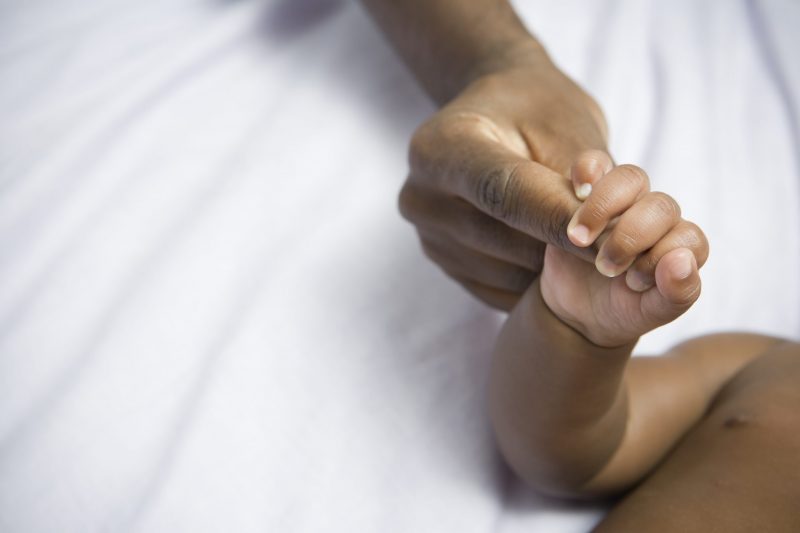Are You More Fertile in the Spring? Is He?
Springtime and Fertility
Many cultures associate springtime with fertility. Birds building nests and laying eggs, rabbits (who are known to “breed like rabbits,”) and flowers blooming through the snow are common images in the spring, as are baby animals. In Chinese medicine eggs, nuts, berries and other foods that can sprout and grow are symbols of new life and fertility.

For thousands of years fertility was thought to be a “woman’s problem,” and men were rarely thought of as infertile. Men’s only concern was with potency, being able to have sexual intercourse. Modern science has established that infertility is caused by female issues about 30% of the time, male factor issues about 30% of the time, and a combination of both male and female problems some 40% of the time. So is it true that “In spring, a young man’s fancy turns to thoughts of love?” Are you more likely to get pregnant in the spring?
Spring May Bring More Active Sperm
A study out of Israel in 2013 found that sperm were at their healthiest and swam faster in winter and early spring. The research found that sperm concentration and motility, their ability to swim, decreased significantly from spring to summer and fall, then rebounded in the winter. Why does this matter? Healthier sperm which are able to swim better are more likely to fertilize an egg. Researchers noted that more studies are needed to determine the relationship between time of year and sperm health. The study was published in the
American Journal of Obstetrics and Gynecology.
Ovulation and Fertility
Ovulation is the point in your menstrual cycle when the mature egg is released from the follicle. Then it enters the luteal phase when it can be fertilized by sperm. The few days surrounding ovulation are a woman’s most fertile period. If the egg is fertilized and is able to implant on the lining of the uterus an embryo will begin to grow.
There is little research about whether the seasons affect a woman’s ovulation. Historically in the United States, more babies are born in the summer months, peaking in August. CDC statisticians theorize that’s due to couples spending more time indoors and together in the winter months. You have to do something on those cold winter nights!If you are 34 or younger and have been trying to get pregnant for a year without success, it may be time for you and your partner to be checked out by a reproductive endocrinologist, a fertility specialist who is an expert on reproductive problems. If you’re 35 or older and have been trying for six months, it’s the right time to consult a specialist. Age is one of the largest factors in fertility problems, and waiting to get treatment just lets the clock keep ticking.
 For thousands of years fertility was thought to be a “woman’s problem,” and men were rarely thought of as infertile. Men’s only concern was with potency, being able to have sexual intercourse. Modern science has established that infertility is caused by female issues about 30% of the time, male factor issues about 30% of the time, and a combination of both male and female problems some 40% of the time. So is it true that “In spring, a young man’s fancy turns to thoughts of love?” Are you more likely to get pregnant in the spring?
For thousands of years fertility was thought to be a “woman’s problem,” and men were rarely thought of as infertile. Men’s only concern was with potency, being able to have sexual intercourse. Modern science has established that infertility is caused by female issues about 30% of the time, male factor issues about 30% of the time, and a combination of both male and female problems some 40% of the time. So is it true that “In spring, a young man’s fancy turns to thoughts of love?” Are you more likely to get pregnant in the spring?


